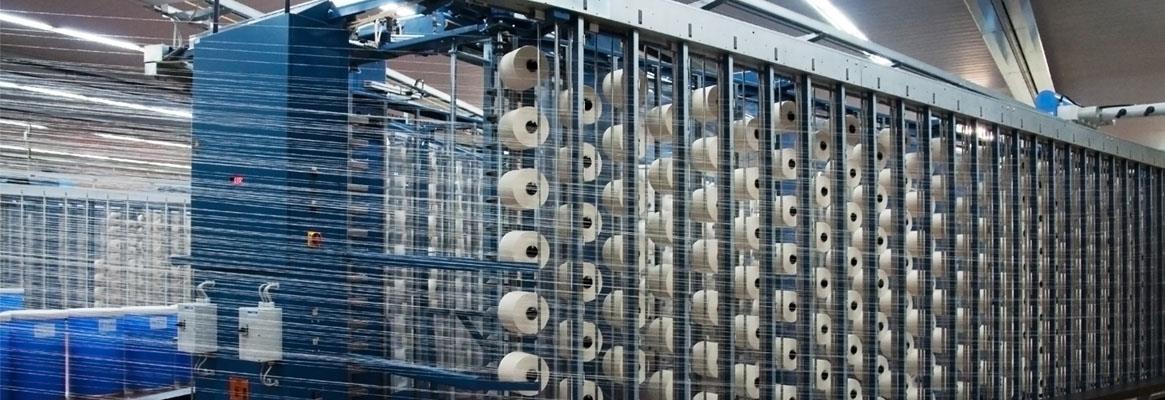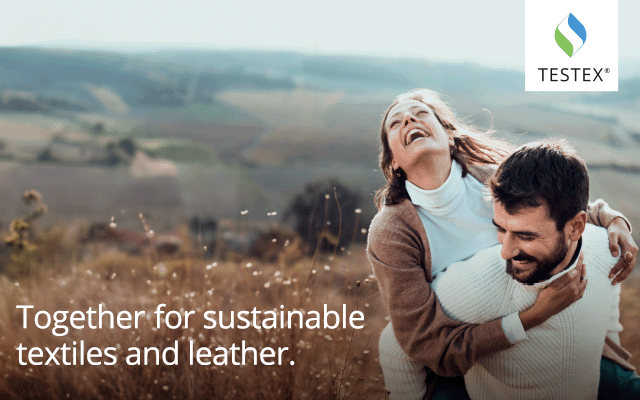Bamboo fabric has a natural sheen and softness that feels and drapes like silk but is less expensive and more durable. Clothing made from this fabric is easy to launder in a clothes washer and dryer. Because of the smooth and round structure of its fibres, bamboo clothing is soft and non-irritating, even to sensitive skin. Bamboo clothing is hypoallergenic. Moreover, bamboo is naturally antibacterial and anti-fungal supposedly because of a bacteriostatis agent, unique to bamboo plants called "bamboo kun" which also helps bamboo resist harbouring odours. "Kun" is also sometimes spelled "kunh". The bamboo kun in bamboo fabric stops odour-producing bacteria from growing and spreading in the bamboo cloth allowing bamboo clothing to be more hygienic and to remain fresher smelling.
Bamboo is highly absorbent and wicks water away from the body 3 to 4 times faster than cotton. The structure of bamboo fibres makes bamboo fabrics more breathable and thermal regulating than cotton, hemp, wool or synthetic fabrics. In warm, humid and sweaty weather, bamboo clothing helps keep the wearer drier, cooler and more comfortable and does not stick to the skin.
Bamboo the plant and also bamboo the fabric can rate high as an environmentally friendly and renewable resource. It is because bamboo grows rapidly and naturally without any pesticides, herbicides or fertilisers. Bamboo clothing (both mechanically and chemically manufactured) is 100 per cent biodegradable and can be completely decomposed in the soil by microorganisms and sunlight without decomposing into any pollutants such as methane gas which is commonly produced as a by-product of decomposition in landfills and dumps.
Bamboo grows naturally without the need for agricultural tending and large diesel exhaust-spewing tractors to plant seeds and cultivate the soil. Growing bamboo improves soil quality and helps rebuild eroded soil. The extensive root system of bamboo holds soil together, prevents soil erosion, and retains water in the watershed. Bamboo plantations are large factories for photosynthesis which reduces greenhouse gases. Bamboo plants absorb about five times the amount of carbon dioxide (a primary greenhouse gas) and produces about 35 per cent more oxygen than an equivalent stand of trees.
Bamboo fabrics and clothing can be manufactured and produced without any chemical additives although eco-certification such as Oeko-Tex is necessary to ensure that the manufacturing and finishing processes are healthy. Currently, there are no known genetically modified organisms (GMO) variants of bamboo.
The company
The Ahmedabad India based Spinning King (India) Limited (Kashiwala Group of Companies) has been providing dedicated services to the textile industry. It started its operations in 1990 as a textile consultant to the industry by providing complete services for textile projects, pre-feasibility studies, project reports and market survey.
People
Kishan Kashiwala, chairman of Spinning King, has over 40 years' experience in textiles. He looks after fibres, yarns and R&D for value addition in fibres and its yarns. Khagen Kashiwala, managing director, is a very young, enthusiastic and dynamic entrepreneur. He looks after the fabrics and garments division.
Clientele
Spinning King (India) Limited is working with many reputed groups of India like Nahar Group, Vardhman Group, Winsome Group, RSWM Group, Raymond, GPI Textiles (ISPAT Group), Gokak Group, Pallavaa Group, PKPN, Best Cheran, Pratibha, Rajveer, Sanghi etc.










Comments